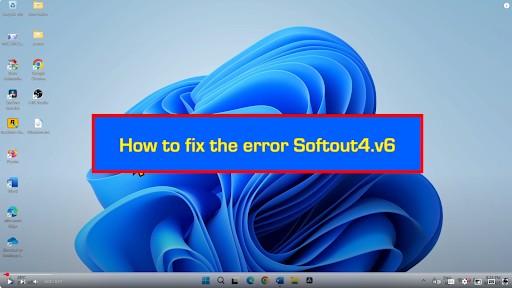When you’re running a business, efficiency and reliability matter in every area—including waste management. If your property is not connected to a municipal sewer system, a septic system becomes an essential investment. The right septic solution doesn’t just dispose of wastewater—it protects your property, ensures compliance with local regulations, and safeguards the health of employees, customers, and the environment.
But with different types of septic systems on the market, how do you know which one is right for your business? Understanding your options and what factors influence septic system performance will help you make a confident, long-lasting choice.
Why Businesses Need the Right Septic System

A septic system handles all wastewater generated on your property. For businesses like restaurants, hotels, retail stores, office facilities, industrial shops, or event venues, wastewater volume and waste composition can vary drastically.
A poorly chosen or undersized system can lead to:
- Frequent backups
- Odors and health hazards
- Costly repairs or replacement
- Regulatory violations
The right system, however, boosts efficiency and gives your business peace of mind. Your septic system should be built to handle your daily wastewater output today—and adapt to growth tomorrow.
Types of Septic Systems for Businesses
Here are the most common and effective septic systems used in commercial properties:
1. Conventional Septic System
A simple system consisting of a septic tank and drain field. Wastewater enters the tank, allowing solids to settle, and then flows to the drain field for natural filtering.
Best for:
Small offices, retail stores, small warehouses with steady water use.
Pros: Affordable, easy to maintain
Cons: Limited capacity, not ideal for restaurants or businesses producing high waste volume
2. Aerobic Treatment System (ATS)
An advanced system that uses oxygen to break down waste more efficiently. It treats wastewater to a higher quality compared to conventional systems.
Best for:
Restaurants, medical facilities, commercial kitchens—any business with high organic waste.
Pros: Handles large waste loads, cleaner discharge
Cons: More expensive to install and maintain
3. Mound Septic System
Ideal for properties with shallow soil, high groundwater, or rock near the surface. Wastewater is pumped into a mound of sand for filtration.
Pros: Works on challenging terrain
Cons: Higher installation cost, visible above-ground mound
4. Chamber System
A gravel-free alternative to conventional drain fields. Leaching chambers allow for even distribution of wastewater.
Pros: Flexible, easier installation
Cons: Not suitable for heavy, constant use without proper sizing
Key Factors to Consider Before Choosing a System

Selecting a commercial septic system isn’t a one-size-fits-all process. Here’s what you—and your installer—should evaluate.
Wastewater volume
How much water does your business use daily? Restaurants and event venues use significantly more water than offices.
Wastewater composition
Is the wastewater mostly water, or does it contain grease, chemicals, or solids? Grease traps may be required for food establishments.
Soil type and location
Some soil drains better than others. Clay-heavy soil, for instance, slows drainage and impacts system performance.
Local codes and regulations
Commercial septic systems typically require permits, regular inspections, and design approval by local authorities.
Future business growth
If your business plans to expand, consider choosing a system that can grow with your needs.
Maintenance Is Just as Important as System Choice
Even the most efficient septic system won’t perform well without regular maintenance. Keep these key practices in mind:
- Arrange routine septic tank pumping—ideally every 1–3 years depending on your system’s size and how much wastewater your business produces. If you’re located in Utah, scheduling septic tank pumping in Park City is an easy way to stay on top of maintenance and prevent unexpected issues.
- Use grease traps if your business deals with food or oils to stop buildup and reduce the risk of pipe blockages.
- Be mindful of what enters your drains—avoid flushing chemicals, wipes, or any non-biodegradable items that can damage the system.
- Manage water usage wisely—spreading out water flow throughout the day prevents the system from becoming overwhelmed.
Investing in regular inspections and pumping now can help you avoid expensive repairs and keep your septic system running smoothly for years to come.
When to Consider Upgrading Your System

Signs your current system may be undersized or failing:
- Persistent odors or sewage backing up
- Slow-draining sinks or toilets
- Wet patches near the drain field
- Frequent pumping or repairs
If you notice these issues, don’t wait—addressing septic problems early protects your business from shutdowns and costly cleanups.
Final Thoughts
Your septic system is more than just a necessity—it’s a long-term investment in your business’s operations and reputation. Choosing the right septic solution ensures:
- Smooth daily operations
- Compliance with local regulations
- A safe and sanitary environment for staff and customers
Partner with a qualified septic professional to evaluate your property, assess your wastewater needs, and recommend the best system. With smart planning, your septic system will quietly and efficiently support your business for years to come.









